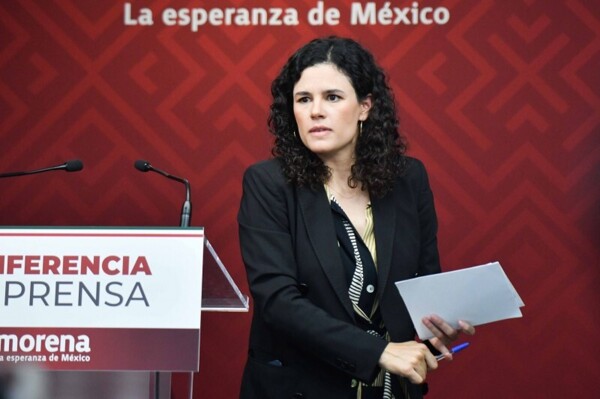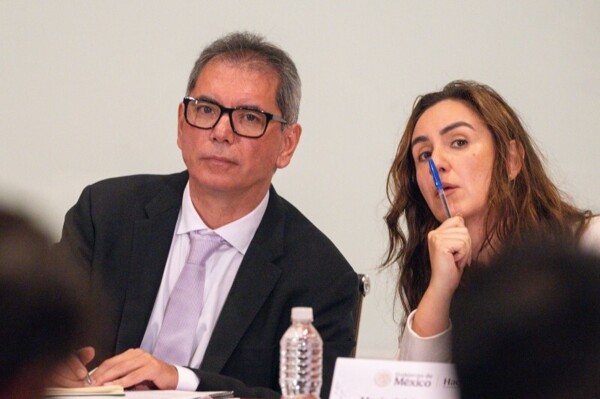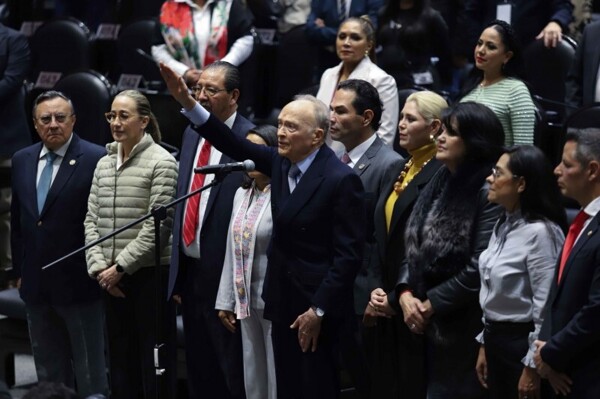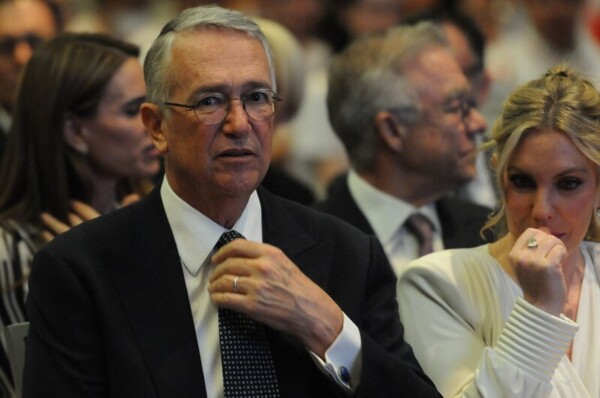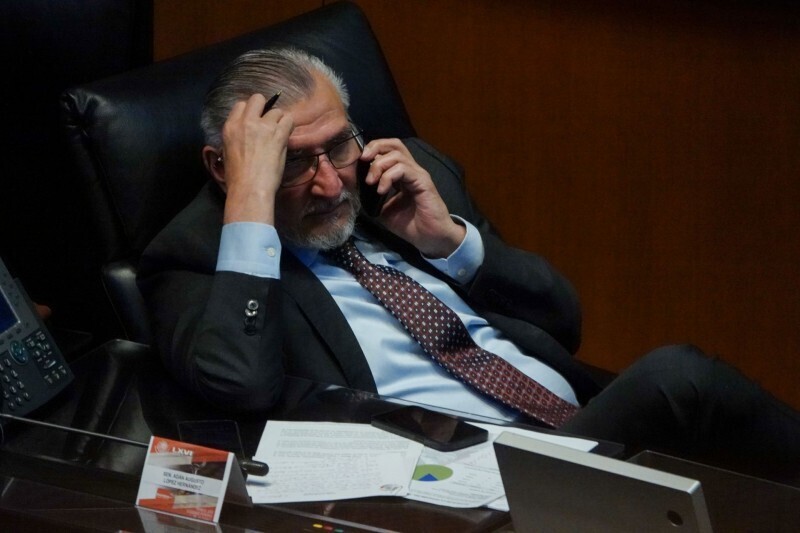
During Monday, both the governor of Sonora, Alfonso Durazo, and the Morena leader, Luisa María Alcalde, expressed the need for the reforms requested by Claudia Sheinbaum in Morena to be carried out in the crucial meeting of January 2026. These reforms include non-reelection, the fight against nepotism, and the prohibition of early campaigns.
An operation was organized to calm the situation at the Palace, where there was concern about Sheinbaum's letter to the Morena councilors, which did not have the expected impact. The internal discussions in Morena encompass both short-term and long-term concerns.
Regarding immediate concerns, the alliance between the son of the former president and Adán Augusto is generating dissatisfaction within the party. In the long term, there are worries about the strategy for the midterm elections, as well as potential leaks and defections.
Despite everything, Durazo shows support for the president and begins to suggest a change in the Ministry of the Interior. It is mentioned that, covertly, there is a belief within Morena that Sheinbaum's demand for political reform could have external implications, such as pressure from the United States to weaken the party's position.
The current focus is on Senator Andrea Chávez, who has conducted early campaigns and admitted to receiving funding from a businessman close to Adán Augusto López Hernández. Both Luisa María and Durazo warn that if Chávez does not stop her actions, she could be left out of the running for the governorship of Chihuahua.
Chávez's behavior will be key to measuring the receptivity of the president's message within the party, and also to resolving the growing tensions between Alcalde and Andy López Beltrán, who strongly supports Chávez.
The uncertainty lies in whether those who cannot be re-elected will remain committed to the Morena cause, and in the need to create a more electorally competitive scenario with greater transparency in the political support received.











